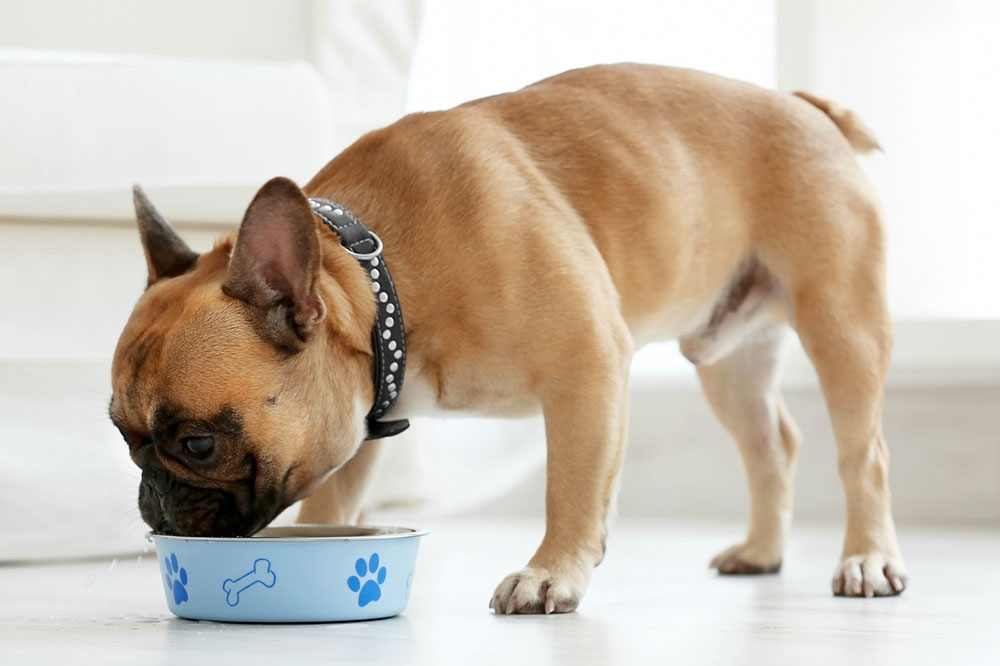
Diet Tips for Healthy Dogs
A healthy diet can keep dogs fit and energetic. The food decisions we make for our dogs go a long way in keeping them in good health, making it vital that a diet is tailored specifically for your dog. The portion of food and nutrient proportion should be consistent too. Dog parents should take such proactive measures to make sure their dogs are eating well. This will boost their immunity and reduce lethargy. Read on for some food tips to keep your fur buddy healthy.
- Avoid unhealthy treats
We love to give our dogs those yummy treats when they are being good. But, if these are rich in sugar, salt, or fat, they can lead to extra weight. This can cause health problems like obesity and diabetes. The treats can also harm their teeth. Plus, dogs can turn into fussy eaters if they get used to their taste. It is thus best to avoid creating such unhealthy habits for dogs. - Follow a diet plan that is specific to your dog
Like humans, dogs can react differently to common foods. For instance, they can be lactose intolerant too. On feeding them milk, if they react by vomiting or getting diarrhea, ask your vet for an alternative to it. As mentioned, the diet plan should be tailored to your dog’s needs. This tip also holds ground when you are feeding dogs of different age groups. For example, a pup might need a dry diet because of its high metabolism. - Train your dog to be still while, and after, eating
Dogs should stay in one place while eating. Supervise them to ensure that they are not eating hurriedly too. Also, dogs shouldn’t run directly after eating. Train your dog to stay still or even walk slowly after a meal. Extreme exercise can mess up their digestion. It can cause them to bloat, which can be painful. It can also lead to gastric dilation volvulus, which can be dangerous to their health. - Avoid onions and garlic
Foods of the allium species are toxic for dogs. Onions, garlic, chives, scallions, and shallots are all included in this species. Avoid feeding dogs any dish that has these ingredients. On ingestion, they can damage red blood cells, making it difficult for the cells to supply oxygen throughout the body. It can also cause anemia, which leads to organ failure. - Be cautious with proportions
The proportions of food fed to dogs should be in line with their weight. Ask a vet to check if your dog has a healthy weight. If not, ask about the quantity of food that is perfect for your dog, and be consistent with it. It can also help to monitor the intake along with exercise. So, by chance, if your dog is hungrier than usual and you feed them a little more, you can ensure they exercise to balance it out. The key is to manage weight so you can ensure your dog is fit and fine.



